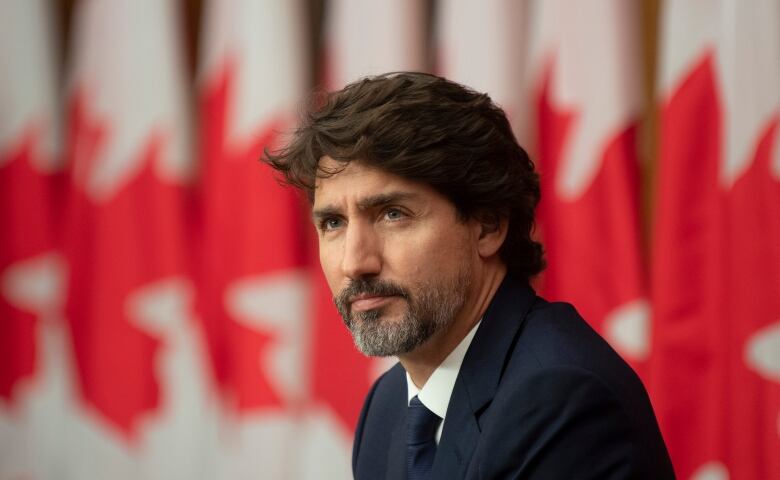Ottawa Public Health to focus contact tracing on high-risk spreaders
Low-risk cases will now receive automated messages as system overwhelmed
Contact tracing for COVID-19 in Ottawa will no longer involve directly calling low-priority peoplewho've tested positive, in order to manage a system the city's medical of health says is "nearly broken."
Public health officials have identified contact tracing, along with testing, as criticalin the effort to control the spread of the virusin the community.
But with cases now doubling every 10 days, Dr. Vera Etches says that effort will have to be more tactical, since Ottawa Public Health (OPH) can't expand the number of contact tracers to keep up at the same rate.
OPH will now be restricting direct callsto close contacts ofpeople at high risk of spreading the virus to vulnerable communities like schools or long-term care facilities.
The rest will now receiveautomated calls and online messages.
"We're not giving up," Etches told a media conference Monday.
Success rate has declined
Until last week, OPHhad been trying to call everyone who'dtested positive togive advice on self-isolation andto reach out to theirclose contacts.
OPH had committed to connecting with 90 per cent of positive cases within 24 hours, but by last week was only reaching just over half.
The initial direct call will continue for all positive cases, but contacttracing ofclose contacts will now be restricted to only priority cases.
"That is a level of investigation that we're not able to carry out in a timely way for all of the people who are testing positive right now," Etchessaid.
Rather than giving up, OPH is "shifting to a web-based data collection tool" for people who are at lower risk, she said.
Users will be able to identify when they had symptoms and who their close contacts were, and those contacts will then get automated messages with further instructions, Etches said.

'Better than nothing'
OPH's new strategy is similar to what's taking place in Toronto, wherepublic health officials havedecided to abandon efforts to trace everyoneand focus instead on high-priority cases.
Contact tracing can only be successful if public health staff are able to reach people who test positive for COVID-19 in a timely fashion, said Ashleigh Tuite, a University of Toronto epidemiologist.
Tuiteacknowledged it's frustrating to see contact tracing efforts overwhelmed, since they're a critical part of avoiding lockdowns.
"But if all of that is taking too long, then you reach a point where by the time you find these contacts, they're already infectious and they've already potentially infected other people," Tuite said.
"And so it just no longer becomes meaningful."
While it's not clear whatwill come from Ottawa's automated system,any effort is worthwhile, said Tuite, and even reaching a subset of an infected person's contacts is "better than nothing."
"If it's possible to reach a subset of contacts, that's better than nothing," she said.

Even though OPH is changing how it handles contact tracing, more resources should beon the way.
Last week, the Ontario government promised it would invest in boosting contact tracing in hot zones like Ottawa.
On Monday, Prime Minister Justin Trudeau said the federal government would also contribute to those efforts, providing 30 new contact tracing personnel in Ottawa.
In a statement, OPH said it had 100 full-time and 243 part-time contact tracers at the end of September, compared to 33 before the pandemic.














_(720p).jpg)


 OFFICIAL HD MUSIC VIDEO.jpg)
.jpg)



























































































